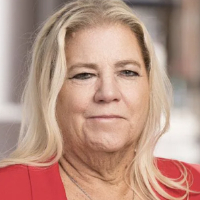Thornton Adoption Lawyer, Washington
Not enough matches for Thornton Adoption lawyer.
Below are all Thornton Divorce & Family Law lawyers.
Julie A. Twyford
✓ VERIFIEDDivorce & Family Law, Criminal
Julie Twyford has built her life around helping people. For 40 years she has dedicated her life to the law, and the pursuit of equality and fairness. ... (more)
Gary J. Gainer
Family Law, Adoption, Divorce & Family Law, Children's Rights
Status: In Good Standing
FREE CONSULTATION
CONTACTMartin A. Peltram
Health Care, Family Law, Civil Rights, Medical Malpractice
Status: In Good Standing
Stanley A. Kempner
Employment, Divorce, Divorce & Family Law, Discrimination
Status: In Good Standing
Leslie A. M. Cloaninger
Guardianships & Conservatorships, Divorce & Family Law
Status: Inactive Licensed: 40 Years
Daniel F Lebeau
Juvenile Law, Federal Appellate Practice, Family Law, Criminal
Status: In Good Standing Licensed: 17 Years




